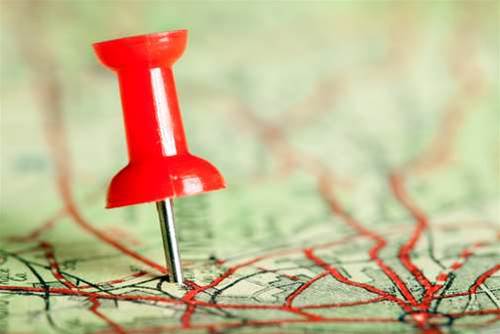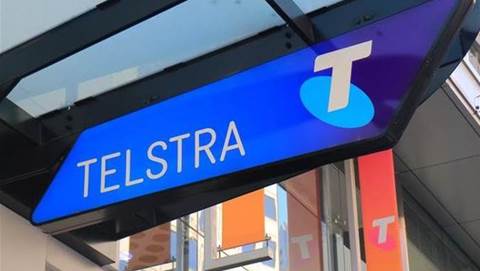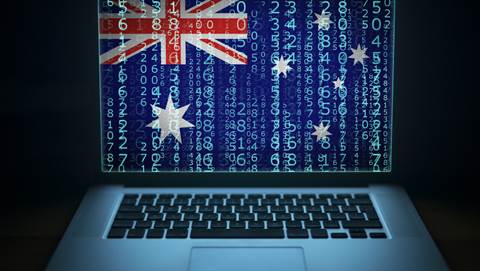South Australia Police is pressing for more permissive access to cellular location data in emergencies, arguing proposed law changes don’t go far enough and that consumers overshare the data anyway.

The government introduced a bill late last year to make access to location data potentially simpler in cases where there is a threat to a person’s life or health.
Current laws require a threat to be both serious and imminent before data can be requested.
Under the proposed changes, the threat no longer needs to be imminent - but police will still need to have enough information in front of them to “believe” the threat is serious enough that location data is necessary.
That does not go as far as a NSW coronial inquest report, which asked the government to consider downgrading ‘belief’ to ‘suspicion’.
South Australia Police (SAPOL) backed the lower threshold of suspicion, saying it “holds a valid fear, based on experience, that the time taken to elevate ‘suspicion’ to ‘belief’ will almost certainly cost lives”.
“In ‘at risk’ missing person cases, the window for intervention is often small,” SAPOL wrote. [pdf]
“The police and emergency services response is reliant on the battery life of a telecommunications device.
“In practical terms, the time taken to elevate a ‘reasonable suspicion’ to a ‘reasonable belief’ will likely mean the expenditure of further time and resources and the passing of critical time and irretrievable opportunities.
“A future at risk missing person may lose their life because law enforcement had a ‘suspicion’ but not a ‘belief’ and therefore could not access their geolocation.”
SAPOL went further, arguing that consumers’ permissive sharing of geolocation data with apps signalled a shift in attitudes towards privacy.
“The concept of privacy in terms of geolocation data has shifted if not evaporated,” SAPOL argued.
“Many people openly and unhesitantly install apps, join establishments and conduct confidential business on their mobile devices where volunteering their geolocation is essential.
“The irony may well be played out in a future coronial inquest where the deceased had openly allowed third party apps to access his [or] her geolocation but not law enforcement.”
In a separate submission [pdf], the Department of Infrastructure, Transport, Regional Development, Communications and the Arts notes its opposition to allowing police to ask for data based on ‘suspicion’ alone.
The department said the change would put telecommunications laws out-of-step with the Privacy Act, by introducing “lower than equivalent standards”.
“The recommendation is not being taken forward at this time,” it said.
The department also added its planned changes do not “compel” telcos to cooperate or to hand over data.
“Even in cases where a request from police clearly satisfies the threshold for the exception to apply, disclosure remains at the discretion of the carrier,” it said.
The department added that GPS information would still require a warrant, and that reuse of the location data is also prohibited.












.jpg&h=271&w=480&c=1&s=1)








